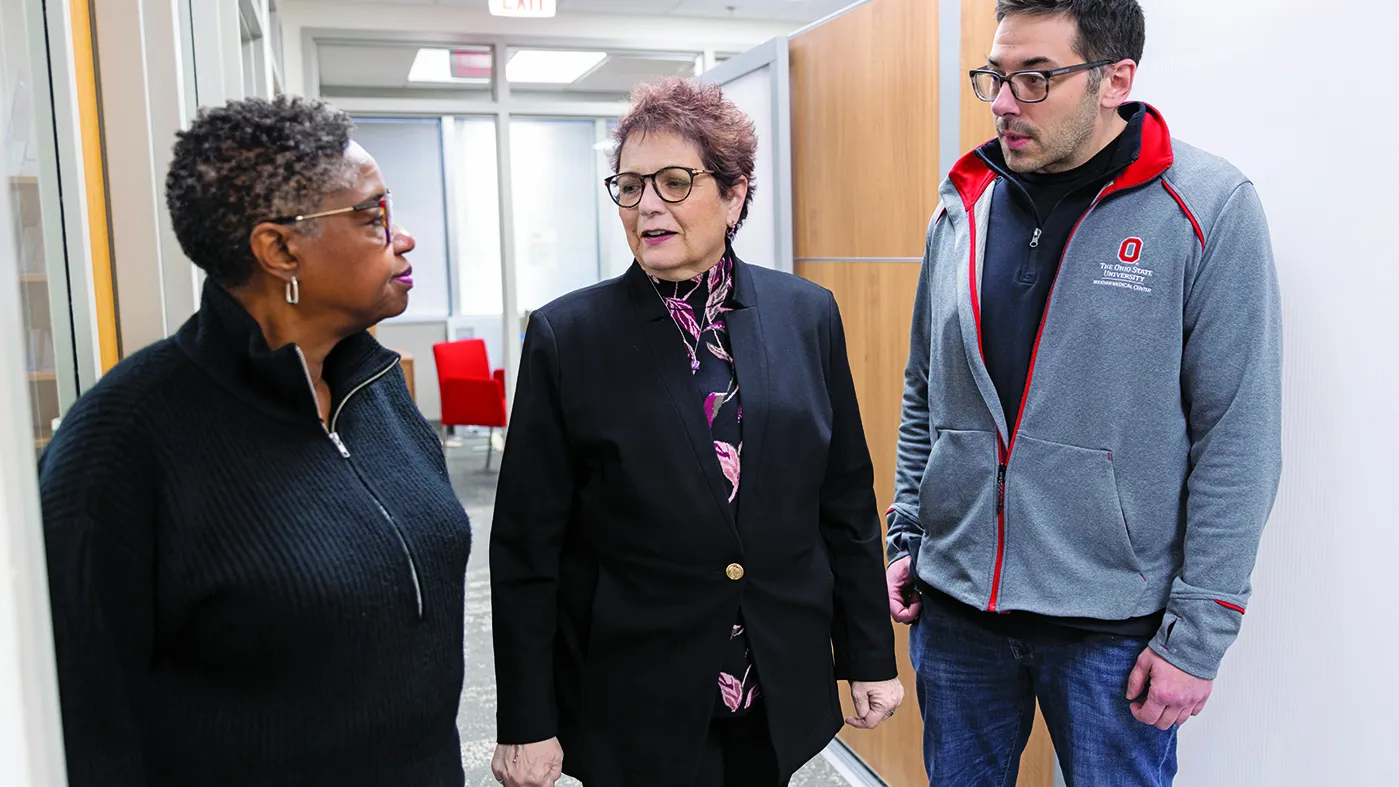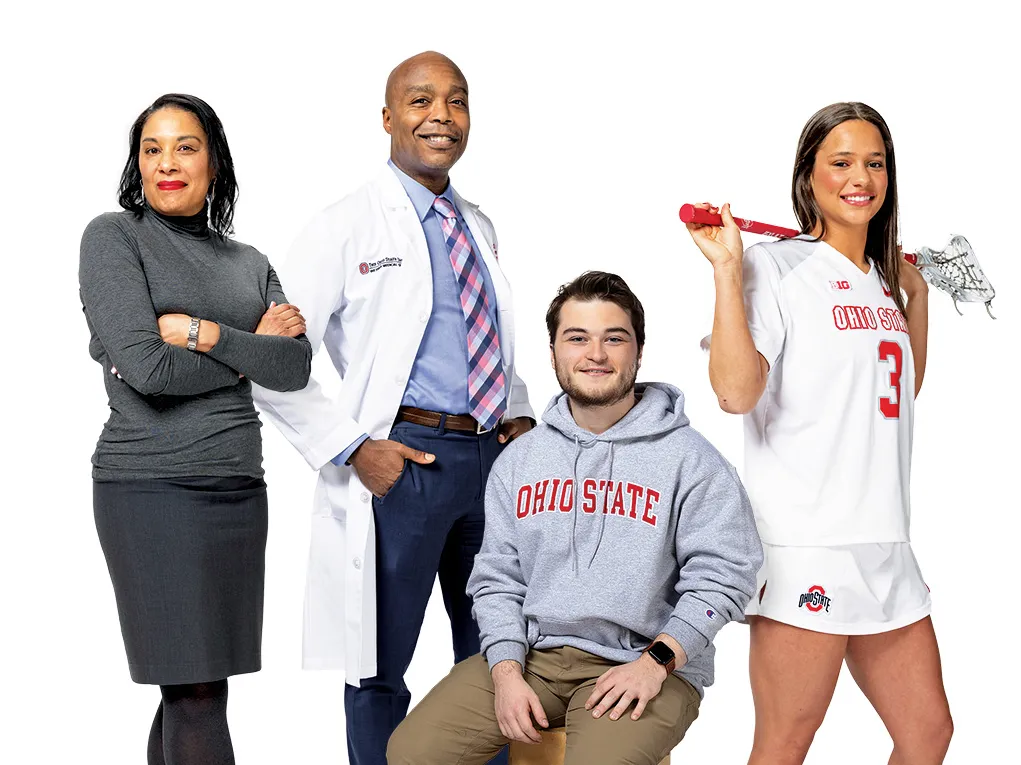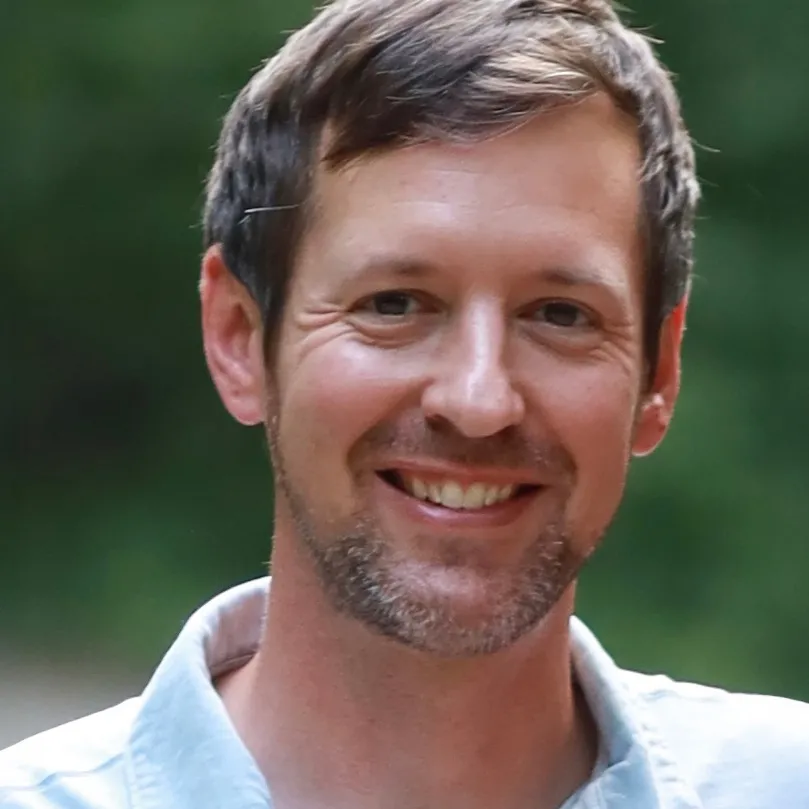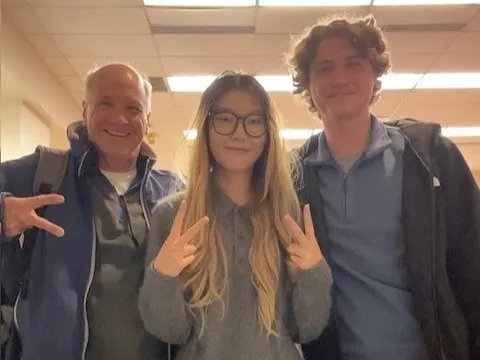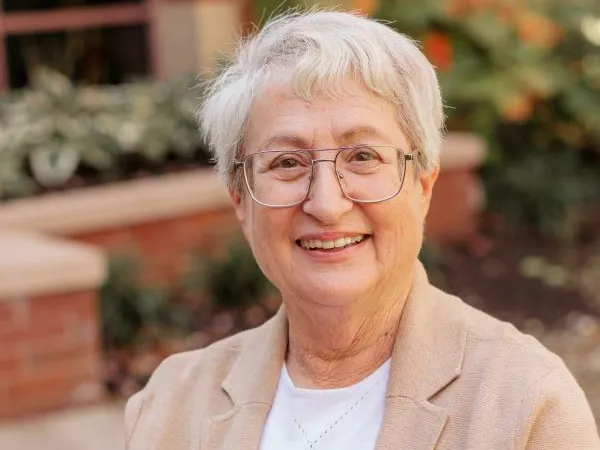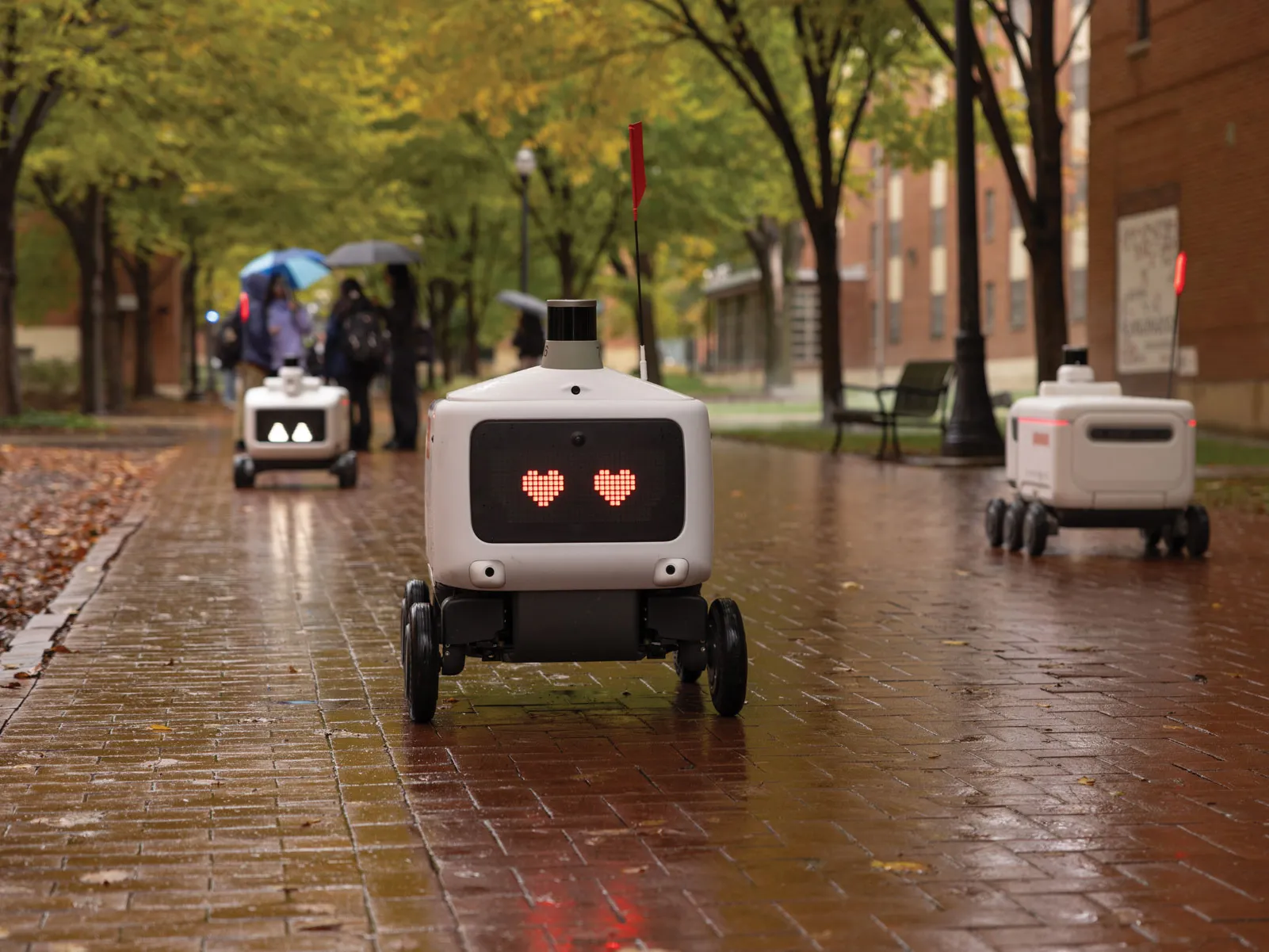Melissa Conkle spends much of her time working to prevent illness in her rural Appalachian community. She’s director of nursing at the Gallia County Health Department in Southeast Ohio, and her public health services are largely focused on vaccinations and disease monitoring and prevention.
Some of that work happens through screenings at the health department’s reproductive and wellness clinic, but at a certain point, Conkle realized a crucial next step in care was missing. “We could serve the uninsured and underinsured in our community and provide those preventive screenings for them, but there was a gap when we identified an issue or a problem,” she says. For example, the clinic could provide Pap smears for women to detect cell changes that could lead to cervical cancer, but if the test came back abnormal and the practitioner recommended a colposcopy, the clinic couldn’t offer that service on-site.
To help find a solution, Conkle and her staff turned to Electra Paskett, an epidemiologist who directs the Division of Cancer Prevention and Control in the Department of Internal Medicine at Ohio State College of Medicine. Paskett holds the Marion N. Rowley Chair in Cancer Research, and her research program is nationally recognized for studying cancer health disparities. Since arriving at Ohio State in 2002, she has focused much of her outreach on Appalachia.
Paskett recognized that Appalachian women have disproportionately high rates of cervical cancer. She also watched her mother battle cervical cancer, and she lost her father to colon cancer—another cancer that is more common in rural communities. Paskett herself is a three-time breast cancer survivor. “I do what I do so that other people don’t have to hear those words, ‘You have cancer,’” says Paskett, who’s also the founding director of the Center for Community Outreach and Engagement.
Paskett’s research program, which has benefited from the Tressel Family Fund for Cancer Prevention Research, works with clinics, health departments and community-based cancer coalitions. In Gallia County, she helped the health department get a colposcopy clinic off the ground.
“They were able to help us develop this partnership with a cancer coalition, and we were able to do some fundraising and community awareness and start our colposcopy clinic,” Conkle says. “That was such a tremendous accomplishment for us.” Paskett’s team also deploys mobile units for breast screenings, and a lung unit is on the way. “We try to go to the counties where there’s no mammography facility, for instance, and then we work closely with one of the local clinics or the health department that gives us a place to park,” Paskett says.
“Everywhere we go, we always work collaboratively with the community that invited us,” she says. “I never go marching into the community and say, ‘I know how to do everything.’ It’s always with community members.”
Vaccines play a huge role in disease prevention. Over 95 percent of cervical cancer cases are caused by the human papillomavirus, which can be prevented by the HPV vaccine. But vaccine hesitancy is often higher in rural areas, so Paskett and her team give practitioners 20-second responses to the most common questions parents ask about the HPV vaccine. “Some of the recent studies we’ve done have focused more on teaching the entire clinic how to incorporate these new guidelines,” she says.
It’s a daunting task, but little wins give her hope. During exit interviews for a recent grant, Paskett asked whether the staff at one clinic would continue asking patients about colon screenings. “She said, ‘Oh, that’s already been incorporated in the routine. It’s in our clinic flow. We don’t even think about it,’” Paskett says. “That was a victory.”
Conkle knows Paskett’s Ohio State team is making a difference in Gallia County. One clinic patient stands out—a woman who was treated for cervical cancer after a screening. “She had all the barriers in front of her, hurdle after hurdle. And had it not been for that colposcopy clinic, I don’t think we would have been able to get her the care that she needed,” Conkle says. “That makes it all worthwhile. That’s why we’re here.”
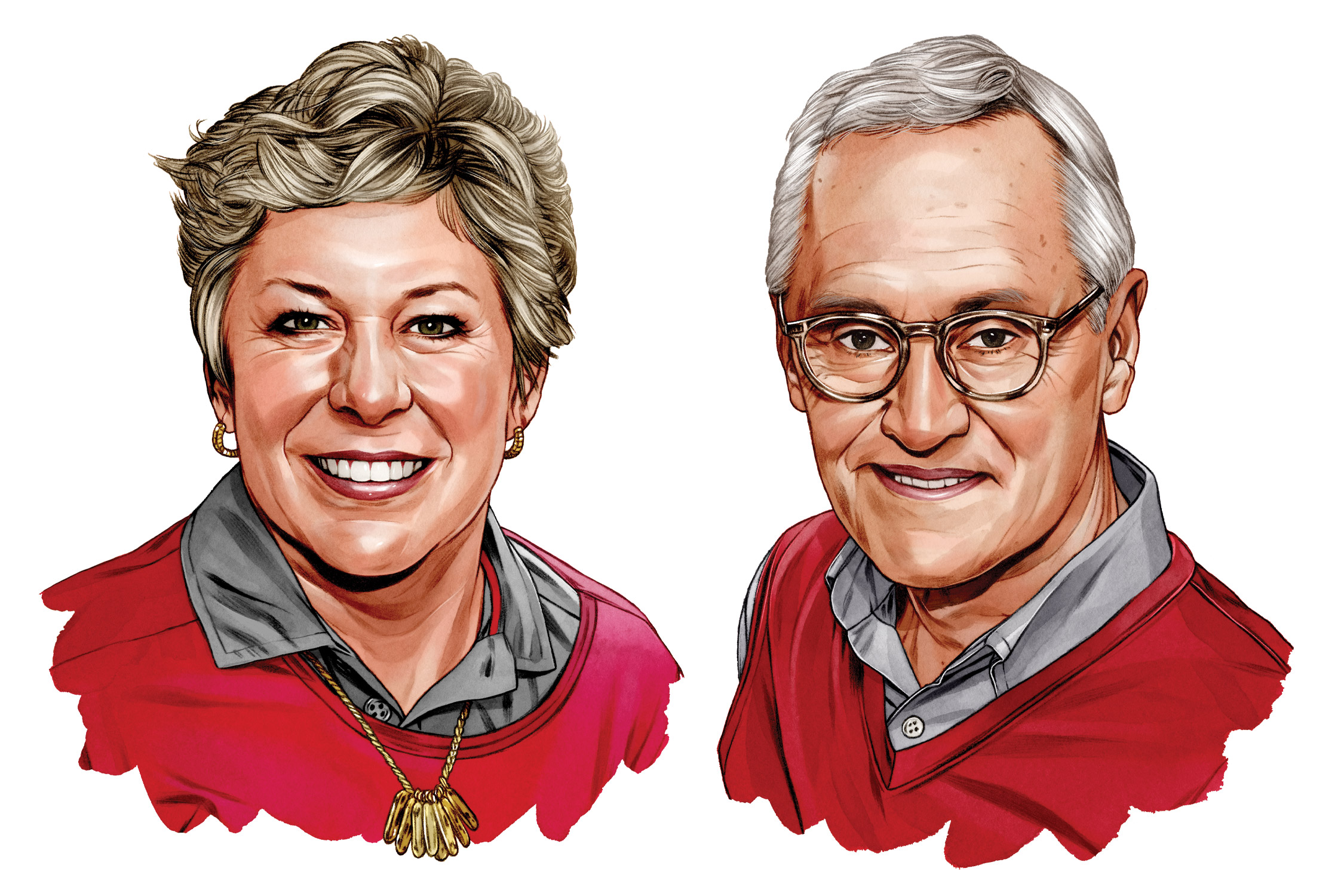
Why we give: Ellen & Jim Tressel
Jim: “When you recognize how fortunate you are, you start thinking about where you can be of assistance. Our philosophy has always been, if we can help, we want to do that.”
Ellen: “We came to Ohio State in 2001, and our moving day was the same day Jim’s mom was diagnosed with pancreatic cancer. She was treated at The James Cancer Hospital by fabulous people. It cemented our feelings about how great The James is.”
Jim: “Ellen and I tried to regularly go and visit patients at The James because of that experience with my mom. You could see how much the patients appreciated the people caring for them. People there also have a passion to be a difference maker in the field of cancer research, especially what Dr. Electra Paskett is doing in areas where health care isn’t as accessible.”
Ellen: “We often took football players with us to The James. I think it meant even more to the players than it did to the patients.”
Jim: “All of us have been touched by cancer or know someone who has, and Ohio State wants to be at the forefront of minimizing those realities. Supporting The James is supporting more of those success stories.”
Illustrations by Michael Hoeweler
